BORDER is a large-scale programme that concerns the integrated study of ancient ceramics, dated to the third millennium BC (Early Bronze Age-EBA) and deriving from different micro-regions of the Eastern Mediterranean.
This project addresses four themes of cross-regional significance:
1) ancient craft technology;
2) mobility and connectivity;
3) the definition of cultural and geographical borders, and;
4) the interdisciplinary study of old ceramic material through a combination of traditional and modern analytical methods.
The proposed project intents firstly to establish a micro-scale understanding of the local ceramic sequences at the island settlements of the eastern Aegean (i.e. Lemnos, Lesbos, Chios, Samos). This will be followed by the meso-scale, which will include the contextualisation of these islands with western Anatolia through an extensive comparative analysis of pottery, and ultimately the research will move towards the macro-scale level through the comparison of ceramic and cultural developments in Cyprus with a particular interest in the technological transfer and influences as observed in the proliferation of ceramic novelties and technological trends.
This analytical programme will include the integration of macrosopic analysis, thin section petrography, microstructural analysis, and chemical analysis, combined with typological and contextual information. Focusing on the seascape perspective, this project will provide a solid background for the interpretation of regional prehistoric networks taking also into account theories about the reflection of modern political boundaries between Turkey, Greece, and Cyprus. In contrast to the majority of the previous scholarship on the EBA east Aegean/western Anatolia interactions, this endeavour will base its results on the consideration of how shifts in the archaeological narratives are affected by biases in the modern political borders and changes in the intellectual currents brought about by contemporary socio-political preoccupations.

